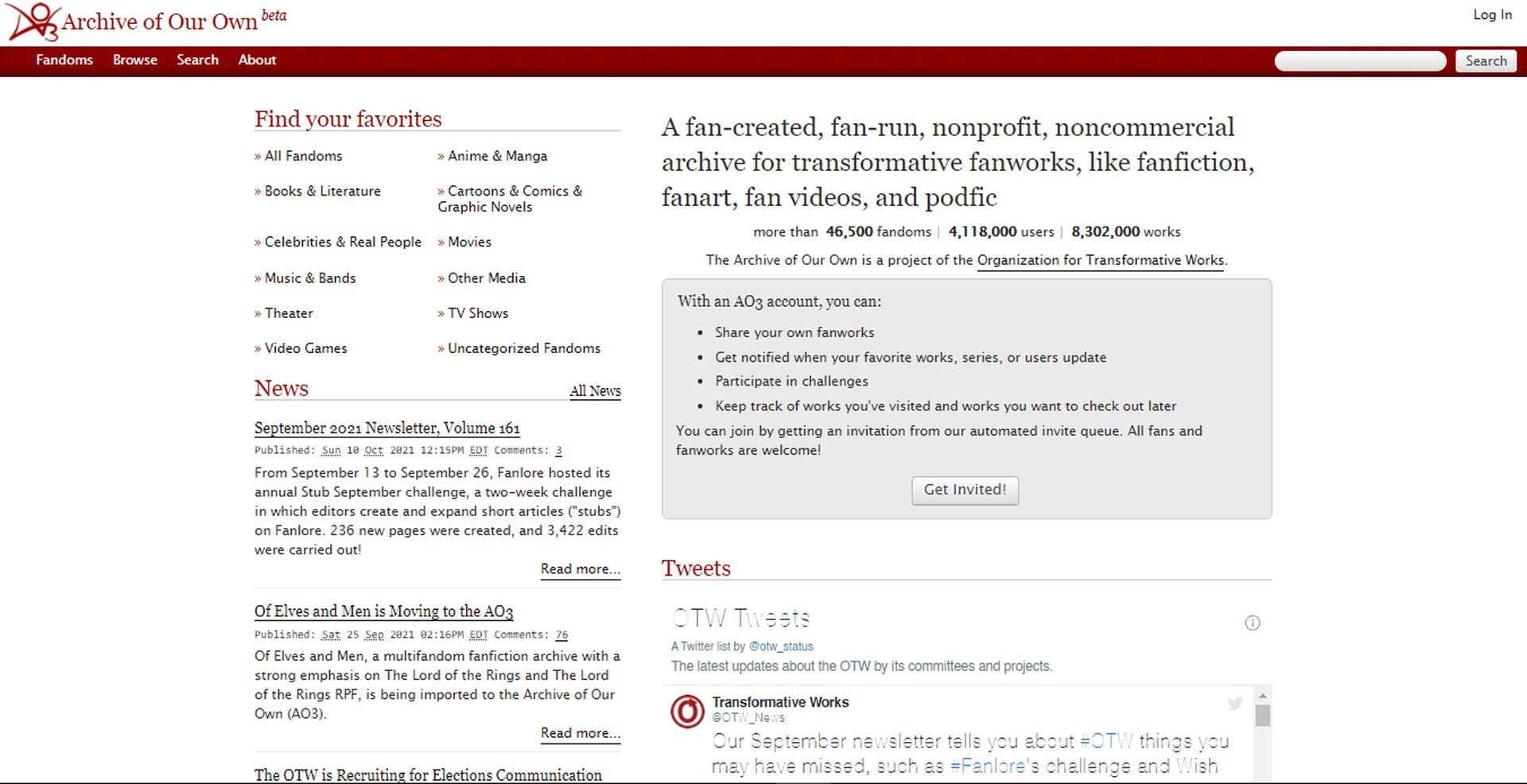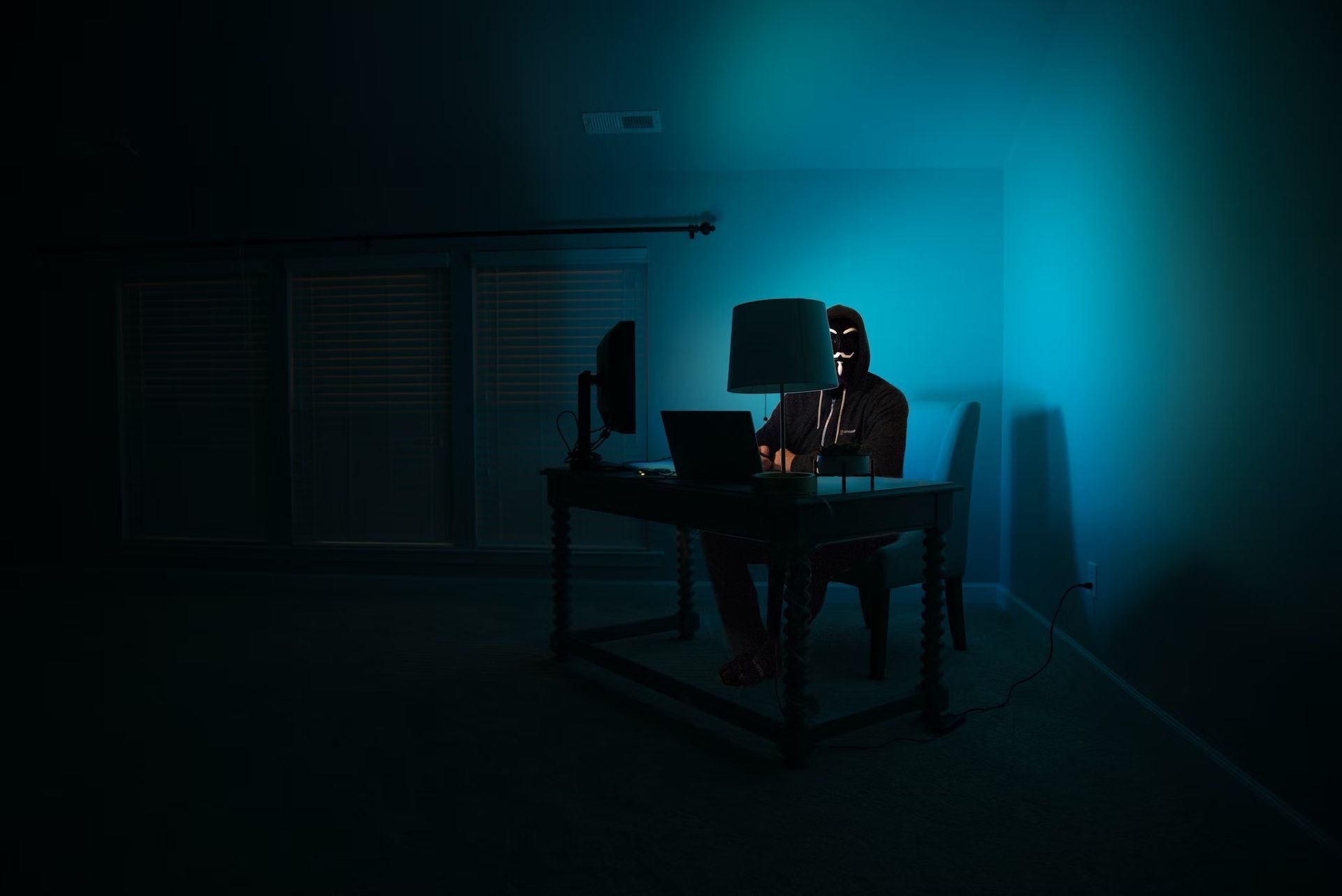Encroaching upon the peace of the online literary universe, the AO3 DDoS attack has drawn the curtain over one of the world’s largest fan fiction repositories, Archive of Our Own (AO3), creating ripples of consternation among its dedicated community.
This adversity is undeniably challenging for everyone involved, but as a resilient community, we are certain to navigate these troubled waters collectively.
The onset of the AO3 DDoS attack was initially reported on Monday morning, US time, as acknowledged by AO3’s official Twitter status update account. At that juncture, the platform’s dedicated volunteer team was still unraveling the mystery behind the sudden downtime. A mere five hours later, the chilling revelation was made: AO3 had indeed become the latest victim of a DDoS attack. As we speak, the site’s team is hard at work devising countermeasures against this formidable digital onslaught.

For those unfamiliar, denial-of-service attacks (DoS) are a favored weapon in the arsenal of nefarious cyber operatives, specifically designed to cripple online destinations by inundating them with a flood of requests beyond their capacity to handle. The outcome is an overwhelmed server, unable to process legitimate requests. The AO3 DDoS attack, however, represents a more sophisticated variant known as a distributed denial-of-service attack. In these cases, the deluge of requests originates from multiple sources, further compounding the site’s ability to manage the incoming traffic.
The Archive is experiencing some issues (as many of you have noticed). We're looking into it, please stand by!
— AO3 Status (@AO3_Status) July 10, 2023
Who runs the AO3 DDoS attack?
The nefarious AO3 DDoS attack has been publicly claimed by the hacktivist collective known as Anonymous Sudan. The group has launched a campaign of similar distributed denial-of-service attacks targeting U.S. institutions, with AO3 being run by the American non-profit Organization for Transformative Works, finding itself in their crosshairs. In an incendiary statement, Anonymous Sudan expressed its opposition to what they termed as “all forms of degeneracy,” labeling AO3 as a hotbed for “disgusting smuts” and a range of LGBTQ+ and NSFW content.
In response to this provocation, AO3 has urged its users to maintain a degree of skepticism concerning the attacker’s professed motives. The murky world of cyber warfare is often characterized by misinformation and false flag operations. In this context, several cybersecurity experts have proposed the theory that Anonymous Sudan could in reality have connections to Russia. If proven, this would suggest their primary objective may be less about moral outrage and more about sowing discord and disruption within Western societies.
“A group presenting themselves as a collective of religiously and politically motivated hackers has claimed responsibility for the attack. Experts do not believe they are honest about their motivation, so we urge caution in believing any reasoning they provide for targeting AO3,” wrote AO3’s Twitter account.

“We do not condone anti-Muslim sentiments under any circumstances. Additionally, to reiterate: cybersecurity experts believe the group claiming responsibility is lying about their affiliation and reasons for attacking websites. View the group’s statements with skepticism.”
Escalating the situation, Anonymous Sudan originally declared that the AO3 DDoS attack would persist for up to 24 hours. However, the group has now escalated their campaign by issuing a ransom demand. They threatened to prolong the DDoS attack on AO3 for “weeks” unless they receive a substantial payment of $30,000, to be made in Bitcoin.
But, in a twist of irony, AO3 might be one of the least lucrative targets for such a scheme. The platform is solely reliant on donations and operates thanks to the dedicated efforts of volunteers, rendering the possibility of paying the hefty ransom highly improbable, even if they were inclined to negotiate.
When will AO3 resume service?
The answer remains uncertain. If the threats of its self-proclaimed attackers hold any weight, the fan fiction site could remain offline for weeks. However, we hold out hope that the tireless volunteers will manage to repel the DDoS attack sooner. AO3, with its collection of over 11 million fanworks spread across 57,000 distinct fandoms and a Hugo Award for Best Related Work in 2019, serves as an invaluable creative sanctuary for millions.
In this period of uncertainty, there is a silver lining: the AO3 DDoS attack has not resulted in a data breach. Your email, password, and perhaps even your eclectic reading history remain secure, away from any unwelcome scrutiny. The not-so-silver lining, however, is the indefinite wait before you can return to savoring your favored 60k hurt/comfort work-in-progress.
Featured image credit: Kerem Gülen/Midjourney





